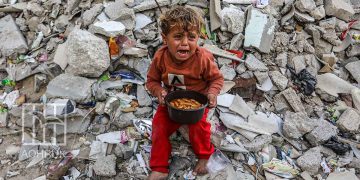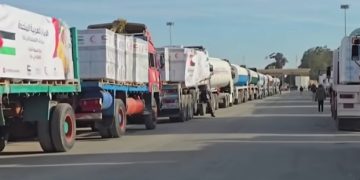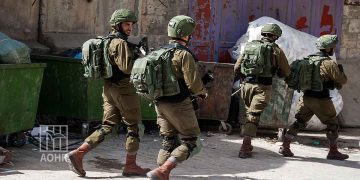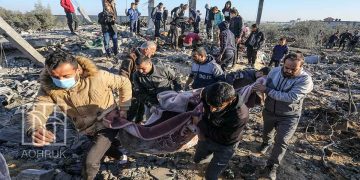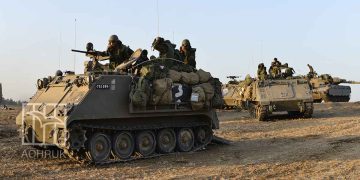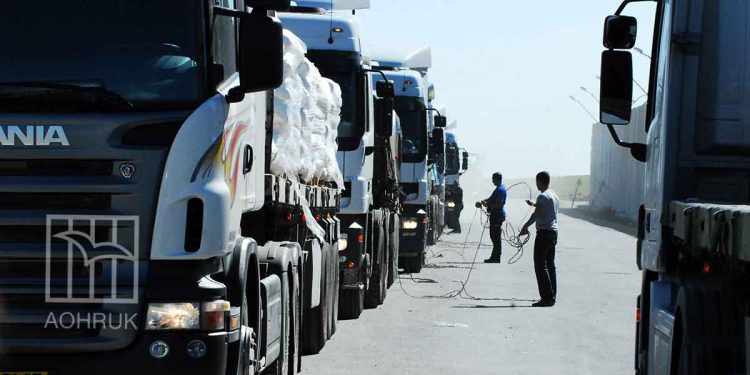Israeli occupation authorities have severely restricted the entry of humanitarian aid into the Gaza Strip, causing a stifling humanitarian crisis that doubles the suffering of the population, particularly the displaced, who face severe shortages of food, medicine, and heating methods.
About 8,000 aid trucks have arrived since the truce began, but this is still not enough to meet the increasing needs of the people living in the Strip, where over two million people are under siege and have been for years.
Human rights reports caution that if Israel keeps enforcing these restrictions, it may cause a humanitarian catastrophe, particularly as winter draws near and displaced families are left without the essentials for survival.
Since getting food and medicine has become a daily struggle due to the lack of supplies and the ongoing siege, residents lament the unheard-of increase in the cost of necessities.
In addition to prohibiting aid from entering Gaza, the restrictions have also been applied to Palestinian relief organisations operating inside the Green Line, where the Israeli occupation authorities have put in place stringent measures to stop them from receiving donations and sending aid to the Strip. These limitations include administrative and legal actions that make it more difficult for the organisations to carry out their missions and restrict their capacity to plan relief efforts.
This policy is a blatant violation of human rights because it prevents aid organisations from carrying out their mandate to lessen civilian suffering. Given the worsening economic and living conditions in the Gaza Strip, this restriction also reflects a systematic policy intended to stifle any humanitarian support for the region.
The international community must put pressure on the Israeli occupation to lift the restrictions on aid entering Gaza and guarantee sufficient and unimpeded access to humanitarian supplies in light of these worsening conditions.
International humanitarian law, which mandates that aid must be made more easily accessible to civilians in conflict areas and that they be provided with the bare necessities of life, is broken when the populace is deprived of food, medicine, and basic aid.
The question of how long Gaza’s restrictions will last and whether international organisations will take action to protect its citizens from the impending catastrophe still stands as this suffering continues.

